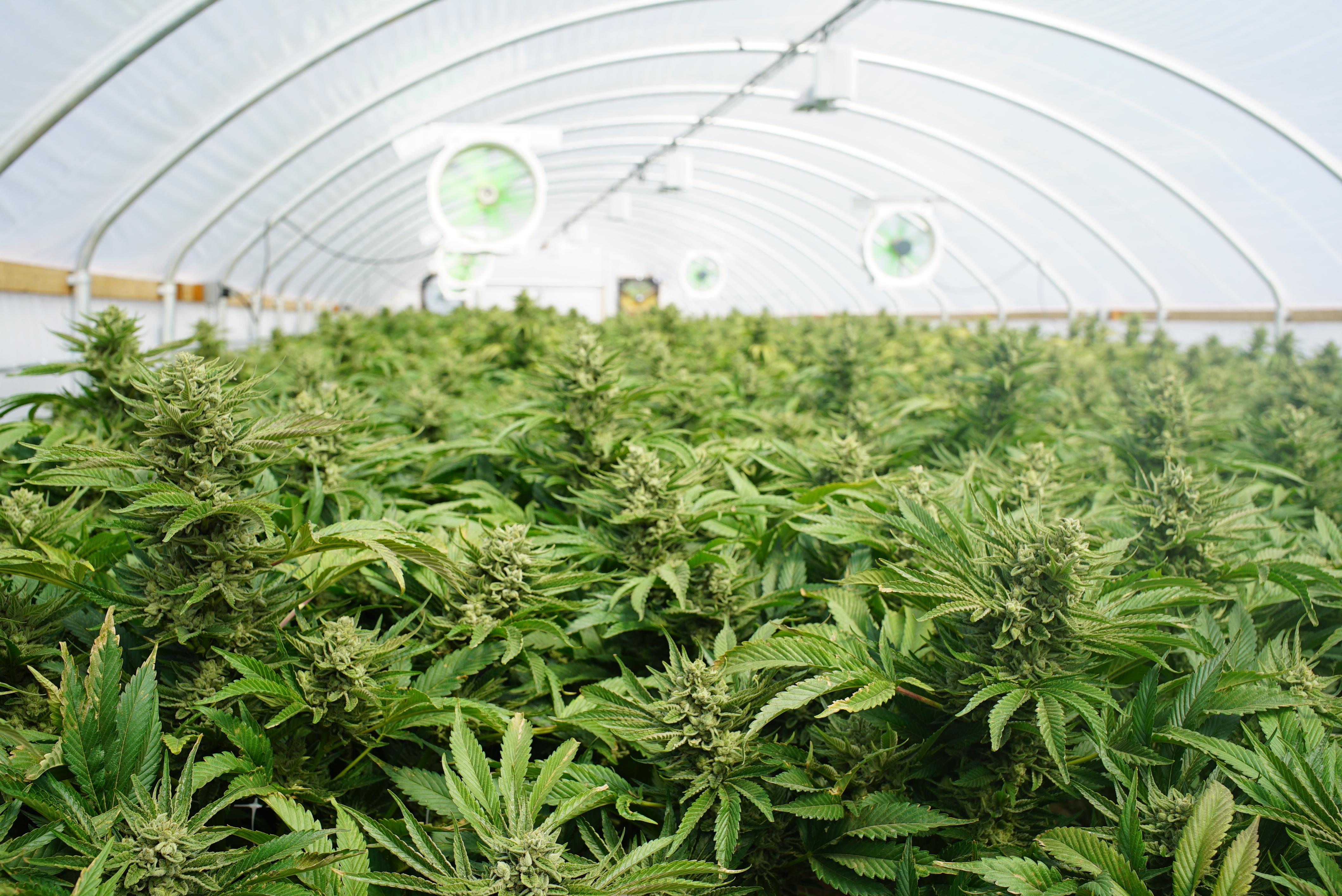Canopy Growth: Key Takeaways from Its Investor Call
Yesterday, Canopy Growth CFO Mike Lee seemed optimistic when he presented at the Barclays 2019 Global Consumer Staples Conference.
Nov. 20 2020, Updated 4:47 p.m. ET

Yesterday, Canopy Growth’s (WEED) (CGC) CFO, Mike Lee, presented at the Barclays 2019 Global Consumer Staples Conference. During the conference, he seemed optimistic that the company would meet the guidance it had provided during the first-quarter of fiscal 2020. He also explained the factors that could drive the company’s revenue and improve its gross margin going forward. Let’s look at each of these factors in detail.
Canopy Growth’s revenue run rate to reach $1 billion
During its first-quarter earnings call on August 15, Canopy’s management stated that its revenue could reach 250 million Canadian dollars in the fourth quarter. It expects its gross margin to cross 40%. Yesterday, during Canopy’s investor call, CFO Mike Lee stated that the increase in the number of stores and the second phase of the cannabis expansion—also called the “2.0 market”—would drive the company’s revenue.
Lee stated that due to supply constraints, some Canadian provinces were hesitant in issuing licenses for the opening of new cannabis stores. However, he expects the situation to improve with the increase in production and distribution channels. Lee expects the number of stores to rise from 460 to 600 by the end of this year.
Right now, Canada allows the sale of cannabis only in the form of dried leaves, oil, or gel. With the growth in the recreational business, many companies are developing innovative products, such as vapes, edibles, and infused beverages. These products are currently prohibited, but many expect them to become legal later this year, which would mark the second phase of the cannabis expansion.
Canopy’s Phase 2 expansion plans
Canopy has been focusing on developing vapes, infused beverages, and edibles with an eye on the potential legalization of the next generation of cannabis products later this year. During yesterday’s call, Lee stated that the vape category has been very competitive, so Canopy is developing its own devices to set itself apart from the competition. Lee expects the company to introduce close to 15 SKUs by the end of this year.
Other cannabis players Aphria (APHA) and Aurora Cannabis (ACB) are also looking at entering the vape business. On June 7, Aphria announced an agreement with PAX Labs, which develops cannabis vaporization devices. Aphria will provide cannabis extracts for pods used in PAX Labs’ products. Aurora Cannabis has also partnered with PAX Labs to develop the PAX Era device. The partners also plan to launch a portfolio of vape products at various price points.
Moving on to infused beverages, Lee stated that the company has been conducting research for the past two years, and it’s been able to develop a product with the right taste and profile. He added that the company has been building a facility for producing infused beverages in Smiths Falls, Ontario. He expects the facility to be ready in the next few weeks.
Lee expects Canopy to launch its beverage product in the fourth quarter. He added that the issues of distribution and the deployment of refrigeration assets could be challenges, but the company is working on solving them.
Expansion in the US
On Canopy’s expansion plans in the US, Lee stated that the company expects to introduce various CBD-infused (cannabidiol) products in the third and fourth quarters of this fiscal year. He pointed to the company’s earlier announcement that it would build an industrial hemp park in New York.
Earlier this year, Canopy Growth acquired the option to buy Acreage Holdings (ACRG) for $3.4 billion. However, the deal is subject to the legalization of cannabis at the federal level. According to Lee, the company is currently working on developing an integration plan to avoid any delays after the US government legalizes marijuana.
In the US, federal law has legalized hemp. However, only 11 states have legalized recreational marijuana, while 33 have legalized cannabis for medical purposes. BDS Analytics and Arcview Market Research expect the US sales of cannabis and hemp-derived CBD products to reach $20 billion by 2024. Many major players are entering the market to capture market share.
Recently, Aurora Cannabis completed its acquisition of Hempco Food and Fiber. Aurora has also partnered with McGill University to study the effectiveness of cannabidiol in treating various medical conditions. In February, Tilray (TLRY) acquired Manitoba Harvest, a hemp food manufacturer. The company also introduced a range of hemp-extracted products in the second quarter.
Canopy’s gross margin to improve
In the first quarter of fiscal 2020, Canopy’s gross margin stood at 15%. Lee blamed costs associated with stranded overhead, the underutilization of facilities, and an unfavorable mix for the company’s lower margin. However, he expects facility optimization and growth in next-generation product sales to drive the company’s gross margin to 40% by the fourth quarter. He also confirmed the company’s earlier guidance that it would post positive EBITDA in Canada on a quarterly basis by fiscal 2021 and positive EBITDA across the company on a quarterly basis by fiscal 2022.
Stock performance
YTD (year-to-date), Canopy Growth has lost 11.1% of its stock value as of September 4. Weaker-than-expected fourth-quarter earnings and first-quarter earnings appear to have brought the company’s stock price down. During the same period, peers Aurora, Aphria, and Tilray have delivered returns of 9.1%, 14.0%, and -57.5%, respectively. On August 6, Aurora’s management provided better-than-expected guidance, which led to a rise in its stock price. Aphria reported stellar fourth-quarter earnings results on August 1, outperforming analysts’ top and bottom line expectations. Its strong fourth-quarter earnings led to a rise in its stock price.
This year, the S&P 500 Index and the Horizons Marijuana Life Sciences Index ETF have returned 17.2% and 0.2%, respectively. The ETFMG Alternative Harvest ETF has returned 3.6% YTD.
